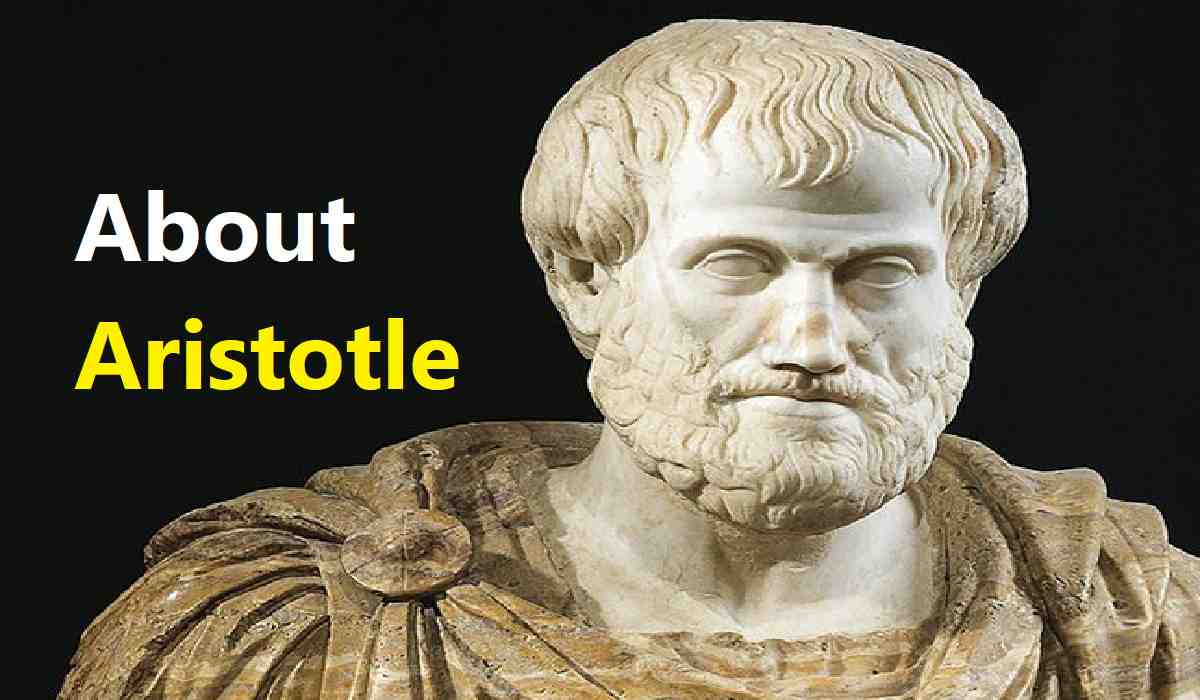Who is the Father of Biology?
The Greek philosopher Aristotle is widely regarded as the Father of Biology. He was born in 384 BC in the ancient city of Stagira, Greece. Aristotle was a student of Plato at the Academy in Athens, and he later became a tutor to Alexander the Great. After Alexander’s death, Aristotle returned to Athens and founded his own school, the Lyceum.
Aristotle’s interest in the natural world led him to study and classify numerous species of animals and plants. He also wrote extensively on topics such as anatomy, physiology, reproduction, and embryology. Aristotle’s work laid the foundation for modern biology, and he is still considered one of the most important figures in the history of the field.
The term “biology” was not coined until the 18th century, but Aristotle is generally considered to be the first founder of the science of biology. His work laid the foundation for modern biology, and his contributions continue to be studied and appreciated by scientists today. Aristotle’s work on biology was truly ahead of its time. He was a brilliant scientist and philosopher, and his contributions to the field are immeasurable. He is rightly considered the Father of Biology, and his work continues to inspire and inform scientists today. In addition to his contributions to biology, Aristotle also made significant contributions to many other fields, including physics, chemistry, logic, ethics, and politics. He is considered one of the greatest philosophers of all time, and his work continues to be studied and debated today.
About Aristotle
- Aristotle’s contributions to biology were far-reaching and groundbreaking. He was a true pioneer in the field, and his work continues to be relevant today.
- His holistic approach to biology was truly ahead of its time. He recognized that organisms are not isolated entities, but rather they are part of a complex web of interactions with their environment. This understanding is essential to modern ecology, which studies the interactions between organisms and their environment.
- Aristotle’s work on embryology was also groundbreaking. He was the first to describe the development of the chick embryo in detail, and his observations laid the foundation for our understanding of vertebrate development.
- Aristotle’s belief in spontaneous generation was later proven incorrect, but it paved the way for critical discussions and investigations into the origins of life. His work on this topic sparked a debate that continues to this day.
Here are some of Aristotle’s contributions to biology
- He developed a system of taxonomy for classifying animals and plants. Aristotle’s system of taxonomy was based on the similarities and differences between organisms. He divided animals into two main groups: those with red blood (warm-blooded animals) and those without red blood (cold-blooded animals). He also divided plants into two main groups: those with flowers (angiosperms) and those without flowers (gymnosperms).
- He studied the anatomy and physiology of animals, including the heart, lungs, and nervous system. Aristotle’s observations on animal anatomy and physiology were remarkably accurate, given the limited tools and technology available to him. He described the heart, lungs, liver, kidneys, and other organs in detail. He also studied the nervous system, and he was the first to identify the brain as the center of thought and sensation.
- He described the reproductive process in animals and plants. Aristotle was the first to describe the reproductive process in animals and plants in detail. He observed that animals reproduce sexually, and he described the different stages of development of the embryo. He also observed that plants reproduce asexually, through the process of vegetative reproduction.
- He studied the development of embryos in animals. Aristotle was the first to study the development of embryos in animals in detail. He observed that the embryo develops from a single cell, and he described the different stages of development of the embryo. He also observed that the embryo is influenced by the environment, and he proposed that the environment can cause changes in the embryo’s development.
- He proposed theories about the causes of life and the evolution of species. Aristotle proposed several theories about the causes of life and the evolution of species. He believed that life arose spontaneously from non-living matter, and he also believed that species could change over time. However, his theories were not based on scientific evidence, and they were later disproven.



 Indian Olympic Medal Winners List Till N...
Indian Olympic Medal Winners List Till N...
 Who is the Inventor of the Gramophone?
Who is the Inventor of the Gramophone?
 HS Dhaliwal Appointed New DGP Of Andaman...
HS Dhaliwal Appointed New DGP Of Andaman...
